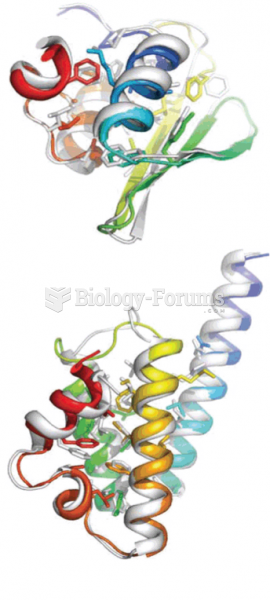|
|
|
Did you know?
The horizontal fraction bar was introduced by the Arabs.
Did you know?
Patients who cannot swallow may receive nutrition via a parenteral route—usually, a catheter is inserted through the chest into a large vein going into the heart.
Did you know?
The FDA recognizes 118 routes of administration.
Did you know?
During pregnancy, a woman is more likely to experience bleeding gums and nosebleeds caused by hormonal changes that increase blood flow to the mouth and nose.
Did you know?
There are approximately 3 million unintended pregnancies in the United States each year.







